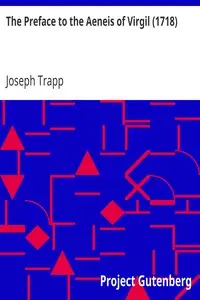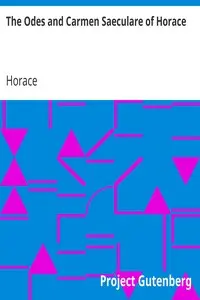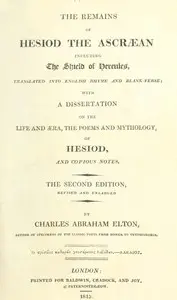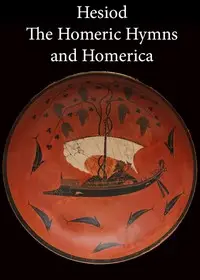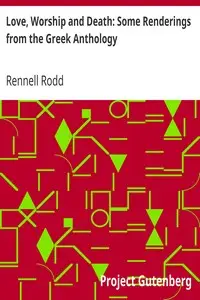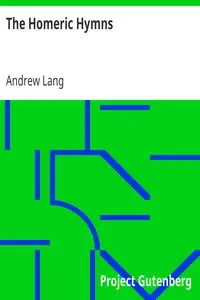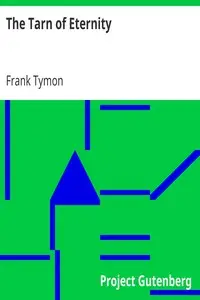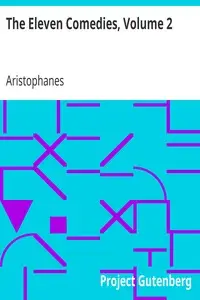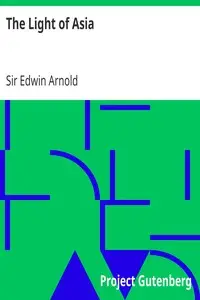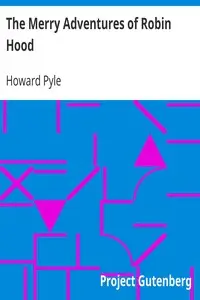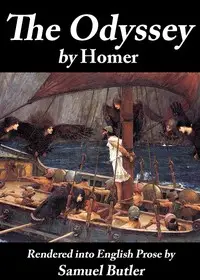"The Extant Odes of Pindar" by Pindar, translated by Ernest Myers, assembles ancient Greek poems originally written around the 5th century BC, celebrating triumphs in athletic contests like the Olympics, along with deeper contemplations of life, right and wrong, and the gods. While Pindar's odes are renowned for being complicated, filled with hidden references, and greatly valuing admirable qualities, this collection seeks to unlock these challenging yet rewarding poems for modern readers. The introductory remarks discuss the setting in which Pindar created his work, acknowledging the difficulties in fully grasping his poetry due to linguistic complexities, unclear references, and similar subject matter. Presented as both a poet holding great moral importance and a historian, Pindar is shown as someone who voiced Greek pride and documented honorable actions. The introduction assists readers in valuing the richness within his odes, which glorify ancient athletic champions by weaving together Greek culture, stories of gods and heroes, and concepts of what is beautiful and good, while also providing some background on Pindar’s life and his importance during a pivotal time in Greek history, thus preparing the way for the odes included in this collection.
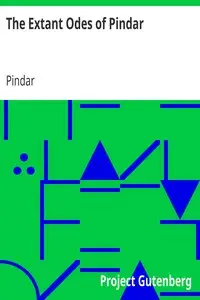
The Extant Odes of Pindar Translated with Introduction and Short Notes by Ernest Myers
By Pindar
Journey back to ancient Greece to witness athletic glory intertwined with timeless reflections on morality and the divine, penned by a poet whose words echo through the ages.
Summary
About the AuthorPindar was an Ancient Greek lyric poet from Thebes. Of the canonical nine lyric poets of ancient Greece, his work is the best preserved. Quintilian wrote, "Of the nine lyric poets, Pindar is by far the greatest, in virtue of his inspired magnificence, the beauty of his thoughts and figures, the rich exuberance of his language and matter, and his rolling flood of eloquence, characteristics which, as Horace rightly held, make him inimitable." His poems can also, however, seem difficult and even peculiar. The Athenian comic playwright Eupolis once remarked that they "are already reduced to silence by the disinclination of the multitude for elegant learning". Some scholars in the modern age also found his poetry perplexing, at least until the 1896 discovery of some poems by his rival Bacchylides; comparisons of their work showed that many of Pindar's idiosyncrasies are typical of archaic genres rather than of only the poet himself. His poetry, while admired by critics, still challenges the casual reader and his work is largely unread among the general public.
Pindar was an Ancient Greek lyric poet from Thebes. Of the canonical nine lyric poets of ancient Greece, his work is the best preserved. Quintilian wrote, "Of the nine lyric poets, Pindar is by far the greatest, in virtue of his inspired magnificence, the beauty of his thoughts and figures, the rich exuberance of his language and matter, and his rolling flood of eloquence, characteristics which, as Horace rightly held, make him inimitable." His poems can also, however, seem difficult and even peculiar. The Athenian comic playwright Eupolis once remarked that they "are already reduced to silence by the disinclination of the multitude for elegant learning". Some scholars in the modern age also found his poetry perplexing, at least until the 1896 discovery of some poems by his rival Bacchylides; comparisons of their work showed that many of Pindar's idiosyncrasies are typical of archaic genres rather than of only the poet himself. His poetry, while admired by critics, still challenges the casual reader and his work is largely unread among the general public.

